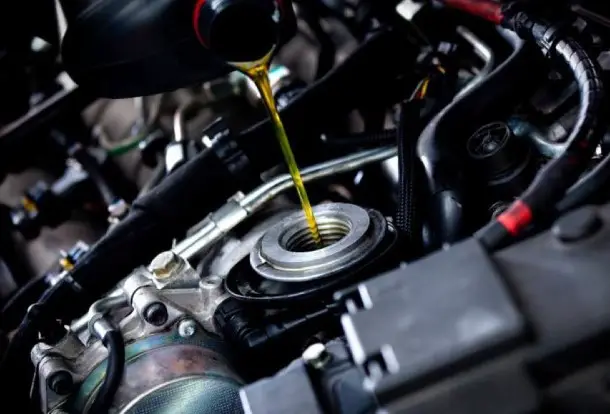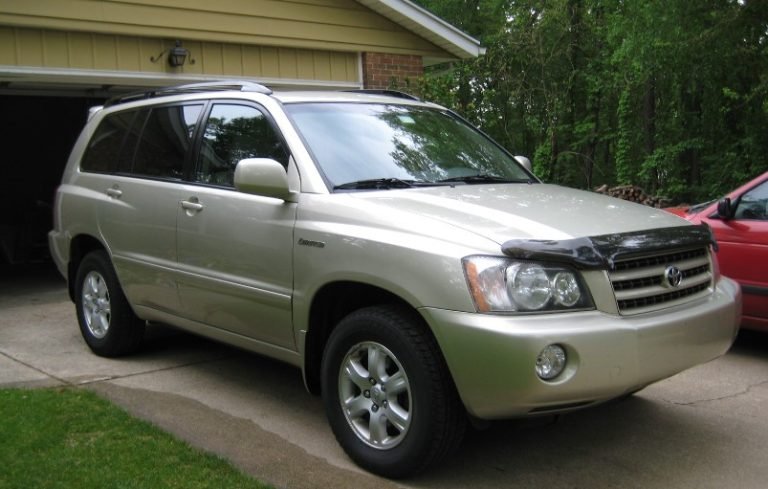How Many Quarts of Oil Does a 5.3 Take? Find Out Here!
The performance and longevity of an engine depend on how much oil is used in it. Every engine has a recommended oil level for operation, and using too little or too much oil can seriously harm an engine.
So how many quarts of oil does a 5.3 take? Well, the answer is quite complicated. Your car’s model and kind will determine this. Every car has a different need for oil intake. It ranges from 6 to 8 quartz. Typically, you may find it in the car’s owner’s handbook.
In this article, we will provide a comprehensive guide on the engine oil capacity of the 5.3-liter engine and its variations. Let’s get going!
Table: Oil Capacity for 5.3-Litre Engine of Common Car Model
The oil capacity for a 5.3-liter engine differs in car models. Even the later edition of the car takes more oil than the previous ones; this makes the question of oil capacity a bit tricky.
Let’s see some of the common car models and make along with their make year and oil capacity:
| Car Make and Model | Year | Oil Capacity (Quarts) |
| Chevrolet Silverado 1500 | 2020 | 8.0 |
| GMC Yukon | 2008 | 6.0 |
| Chevrolet Tahoe | 2021 | 8.0 |
| Cadillac Escalade | 2022 | 8.0 |
| Chevrolet Suburban | 2018 | 8.0 |
How Many Quarts of Oil Does A 5.3 Take?
Depending on the model year and kind, a 5.3-liter engine may require different amounts of oil. However, the 5.3-liter engine typically needs 6 to 8 quarts of oil. But it’s crucial to check your owner’s handbook to get the exact oil capacity.
On the other hand, a dependable mechanic can find out the precise quantity your car needs. Nonetheless, despite the oil capacity, a number of factors can influence the overall capacity that your engine might be consuming, which we shall discuss shortly.
It is, however, crucial to note the amount of oil your engine consumes for better engine health and fuel efficiency. Likewise, always use the kind and quantity of oil recommended for your vehicle to ensure proper engine operation and longevity.
Factors That Can Affect Engine Oil Capacity
Let’s look at a few factors that can affect your vehicle’s oil capacity in general.
Oil Filters Size and Type
Engine oil capacity can be influenced by the size of the oil filter and the presence of an oil cooler. The amount of oil required may increase in some vehicles due to bigger oil filters or more oil coolers.
Use the right size and type of oil filter for your car. Since using the incorrect one might result in lower oil capacity and possible engine damage.
The Model and Make of Your Car
It’s crucial to take the exact model year and type into account when comparing the oil capacity of 5.3-liter engines. For instance, a 5.3-liter engine in a 2019 Chevrolet Silverado 1500 may have a different oil capacity than a 5.3-liter engine in a 2008 GMC Yukon.
However, it’s also crucial to take into account any variations in the size or presence of the oil coolers between automobiles.
Common Engine Oil Types For The 5.3-Liter Engine
There are various popular engine oil types to consider while choosing this engine.
Conventional Oil
The most often used kind of motor oil is conventional oil, usually referred to as mineral oil. It is made from crude oil and is refined to meet the standards set by the American Petroleum Institute (API). It is suitable for most engines that do not have high performance or special requirements.
Synthetic Oil
Chemical compounds are used to produce synthetic oil, making it more refined than regular oil. It delivers higher fuel efficiency, lessens engine deposits, and better protection against wear and tear. Though more expensive than regular oil, synthetic oil has a longer shelf life and requires fewer oil changes.
High Mileage Oil
High-mileage oil is required for engines with more than 75,000 miles on them. It contains special additives that improve engine functionality and reduce oil loss. High-mileage oil comes in both conventional and synthetic versions.
Recommendations for Choosing
Consider the age and condition of your engine, your driving style, and the manufacturer’s recommendations when choosing engine oil.
Synthetic oil can be the best option if you often pull big loads or drive in harsh conditions. Conventional oil could be appropriate if your vehicle has a more recent engine that is in good condition and you don’t drive in harsh circumstances.
For manufacturer recommendations, always refer to your owner’s handbook and stick to the suggested oil change schedules.
Conclusion
Understanding how many quarts of oil does a 5.3 take is crucial for maintaining its performance and longevity. Maintaining engine health through proper oil capacity, routine inspections, and replacements ensures a smooth and effective operation.
Also, potential engine damage can be avoided by using the proper engine oil and avoiding overfilling or underfilling. Proper oil maintenance prolongs engine lifespan and prevents expensive repairs. Always check your vehicle’s owner’s handbook for the required oil type and capacity.
Also Read:
Does Lifting A Jeep Cause Problems? [The Problems And Benefits Of Lifting]







